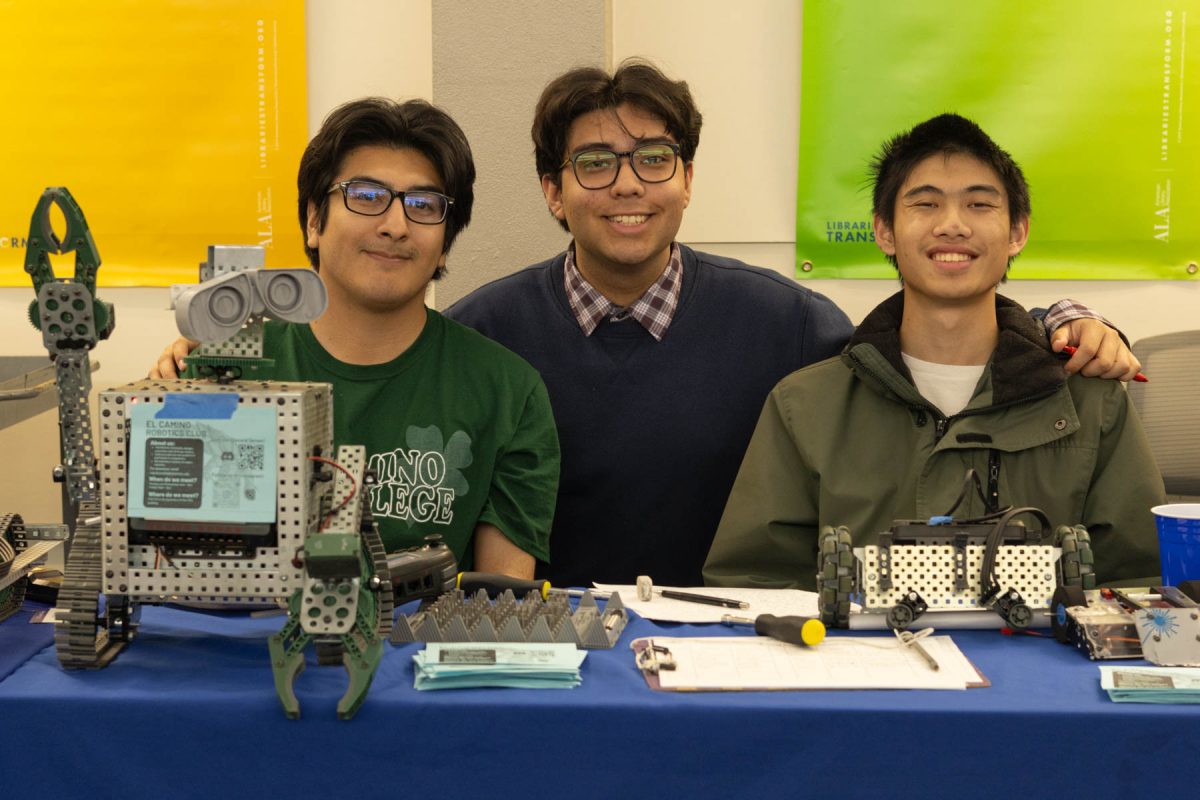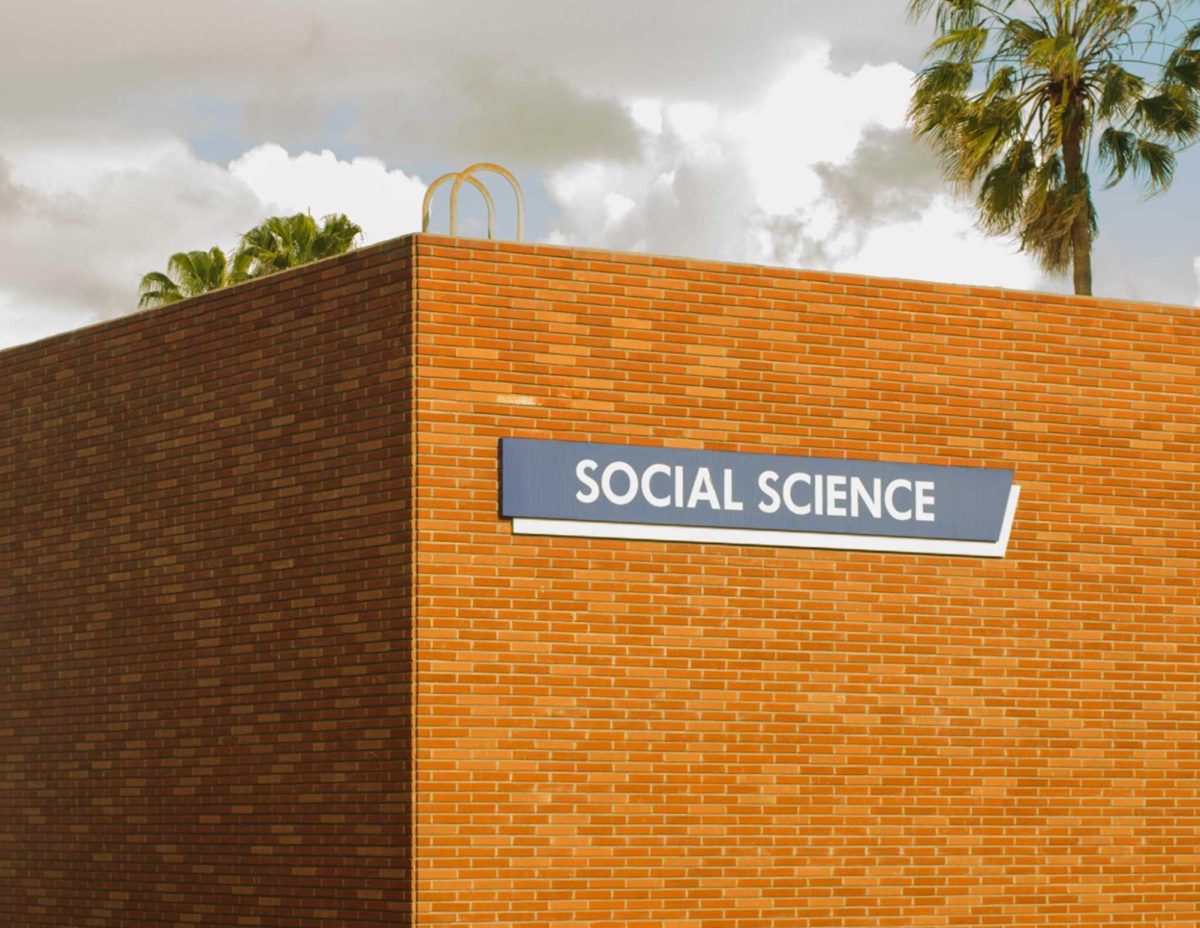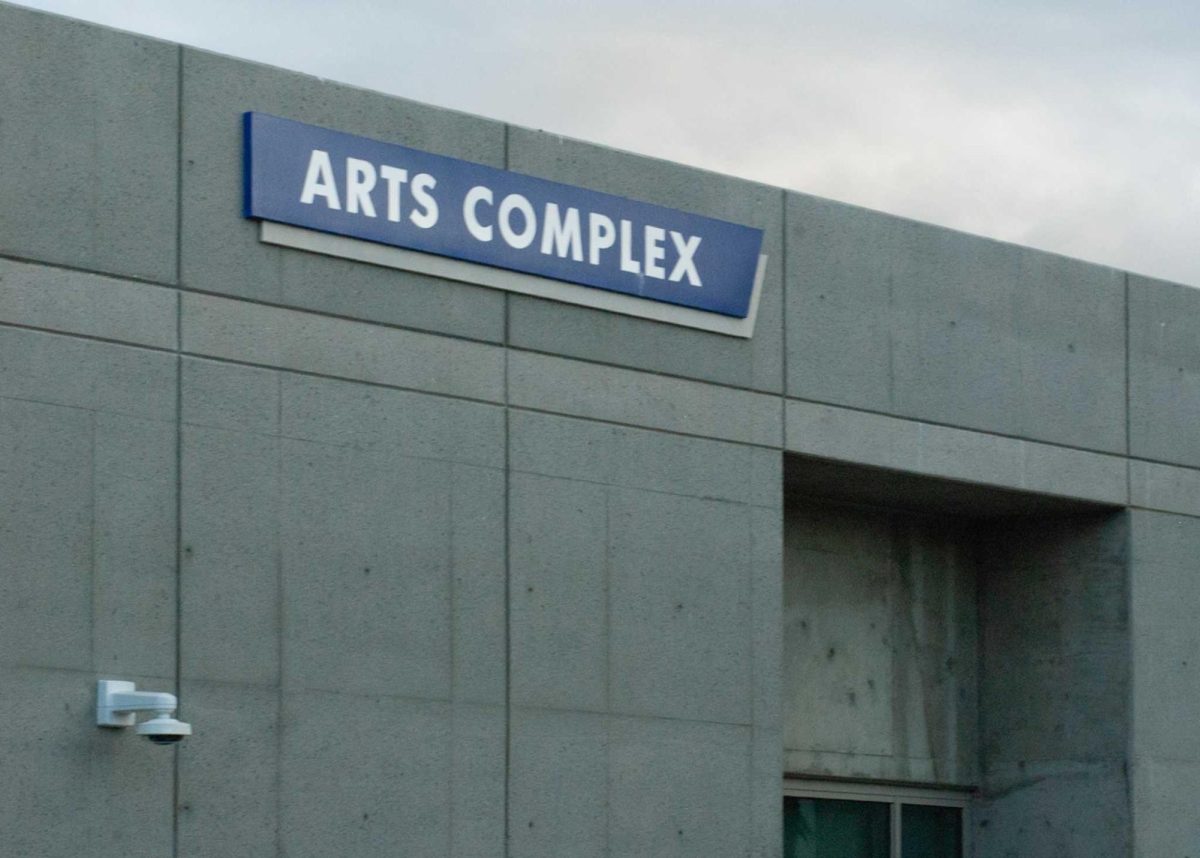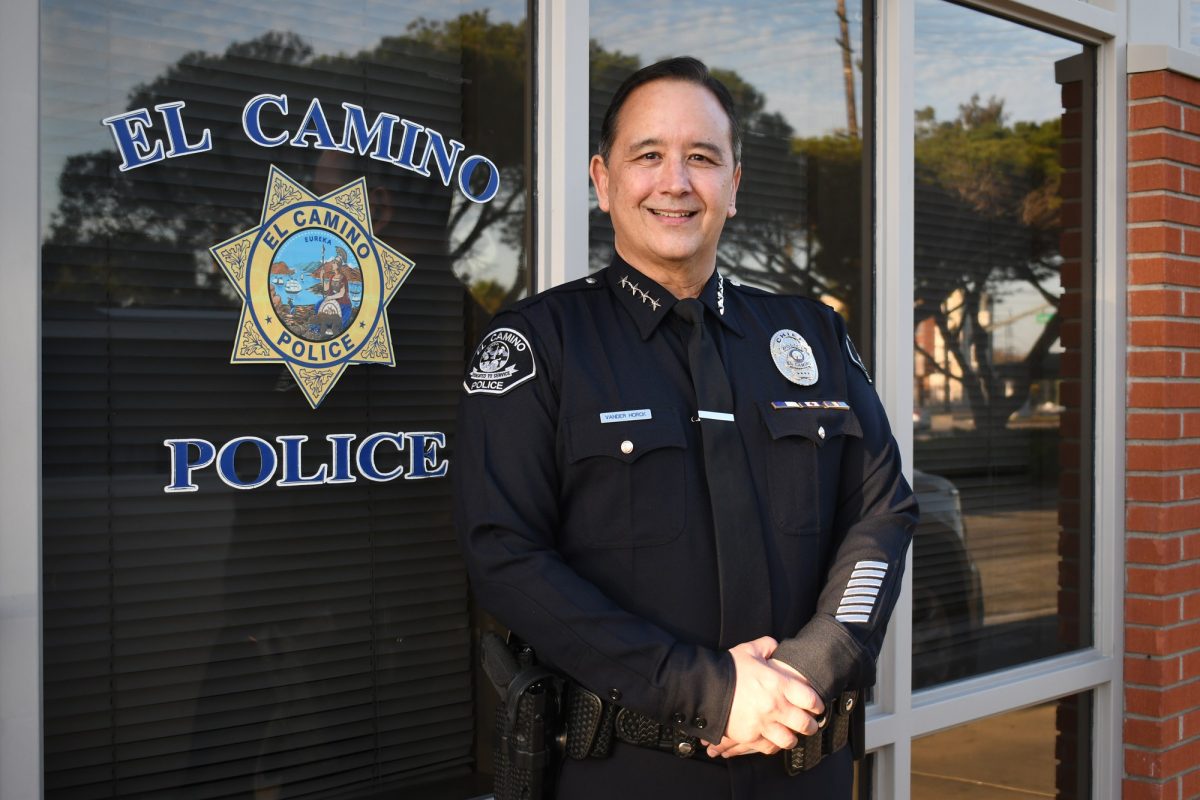For student Samantha Parker and her four-year-old child, the Cooperative Agencies Resources for Education (CARE) program doesn’t just help her get an education from EC. It helps her survive the rigors of being a mother.
The program, established in 1982, works with Extended Opportunity Program and Services (EOP&S) and CalWorks to allow students to continue their education through the financial support these programs provide.
“I’m a single parent, and I belong to CARE. They take care of everything for me. They give me food vouchers so that I don’t have to take food from my daughter and they provide me with bus tokens so I can go to and from school,” Parker, 21, Administration of Justice major, said.
To be eligible for the program students must have completed a high school curriculum, have a low income, be able to qualify for EOP&S, and make a commitment to the program.
“The motivation of CARE is to see that students are self-sufficient and capable of entering the workforce. Some students are transitioning from public assistance, and are looking for alternatives in providing for their families,” Lorena Perez, CARE paraprofessional, said.
Tasha Harris, office assistant, said the program has about 500 students currently.
Those that are a part of the program receive educational assistance via increased counseling and financial assistance in the form of vouchers and grants.
Counselors and advisers meet with students three times a semester, while educational and self-help workshops take place during the semester. Mentoring, tutoring, and grade checks are also done regularly during the academic year, Perez said.
“Educational assistance is provided in the form of on-site tutoring, counseling and financial help. Vouchers for gasoline, food and school supplies are available,” Perez said.
The CARE program also helps students who are interested in transferring to universities by waiving transfer fees and providing transfer advisers, Perez said. Those who are interested must submit a contract, agree to completing their studies in a sixty-month period, and comply with periodic monitoring throughout the semester.
Legal assistance, for things such as domestic violence or probation issues, is provided via a lawyer from Harriet Buhai Legal Office that visits the campus once a month and sees students by appointment, Perez said.







